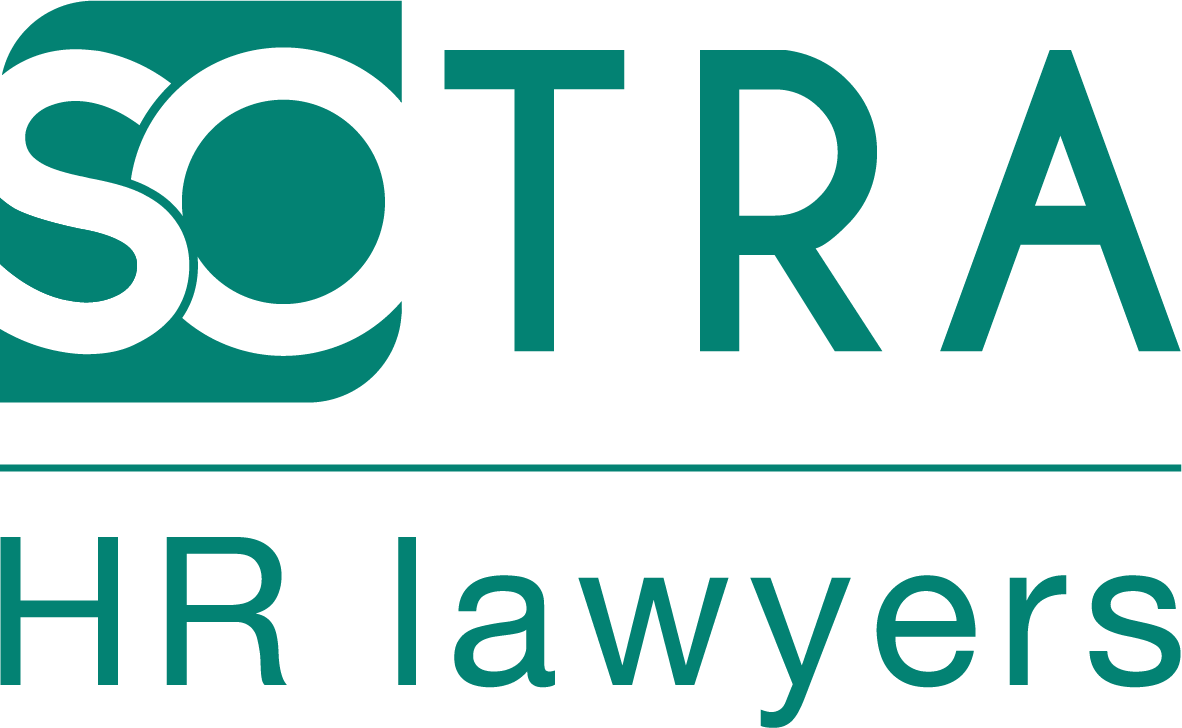
Reclassification of an Uber driver as an employee
The Labour Court of Brussels held, in its ruling of 13 June 2025, that an Uber driver was performing his activity within the framework of an employment contract.

Facts
Mr. GG, an Uber driver, entered into a framework agreement for the rental of a car with driver with the non-profit organization Belgian Platform Rider Association (B.P.R.A.), as well as a service agreement with Uber. He provided transportation services in Brussels via the UberX application.
Mr. GG brought the matter before the Administrative Commission for the Settlement of Employment Relationships (CRT), seeking the reclassification of the relationship as an employment contract. The CRT ruled in his favour and recognised BPRA and Uber as Mr. GG’s employers.
First Instance proceedings
Uber and the BPRA brought an action before the French-speaking Labour Tribunal of Brussels, seeking the annulment of the CRT’s decision. On 21 December 2022, the Tribunal ruled in their favour and set aside the CRT’s decision, holding that the working relationship between Mr GG and Uber and BPRA was of an independent nature.
Mr GG and the NSSO appealed against this judgment.
Brussels Labour Court of Appeal ruling
The Court found the CRT’s decision to be valid, noting that Mr. GG filed his claim within the one-year statutory time limit established by Article 338, §2, paragraphs 2 and 3 of the Program Law of 27 December 2006.
The Court held that Uber’s activity is not limited to an intermediary service but constitutes an integrated service of which the transportation service is the central element. It then analyzed the nature of the working relationship in light of the legal presumption of employment applicable to the passenger transport sector on behalf of third parties (Article 337/1, §1, 3° of the Program Law of 2006).
The Court finds that Mr. GG meets eight out of the nine criteria set forth in Article 337/2, §1 of the Program Law. Only the criterion regarding the absence of a guaranteed volume of work is not satisfied. Consequently, the Court concludes that the legal presumption of an employment contract applies.
The Court then examined whether there was a rebuttal of the legal presumption of employment.
The Court held that Mr. GG cannot freely organize his working hours. In fact, he only has the freedom to choose when to connect to the application. For the remainder, the driver does not control when work is offered, the waiting times between rides, nor can he influence the allocation of rides.
The Court further found that Mr. GG lacks control over the organization of his work once rides are accepted. The driver does not have a choice of route, does not know the destination in advance, and the fare is unilaterally determined and paid through the application.
Moreover, the Court highlighted the existence of hierarchical control exercised by Uber. Through continuous geolocation and a rating system, the company is able to monitor its drivers’ activities in real time and can impose sanctions.
The Court concluded that Uber and the BPRA failed to present evidence sufficient to rebut the legal presumption of employment. Accordingly, the Court overturned the first instance judgment and held that Mr. GG was engaged under an employment contract with Uber and the BPRA.
Takeaway
This landmark ruling confirms the reclassification of an Uber driver as an employee. It forms part of a jurisprudential trend aimed at combating contractual arrangements designed to circumvent the social protections afforded to employees and constitutes a significant advancement in the fight against sham self-employment.
Source: Labour Court of Brussels, 13 June 2025, R.G.2023/AB/11 - 2023/AB/191
